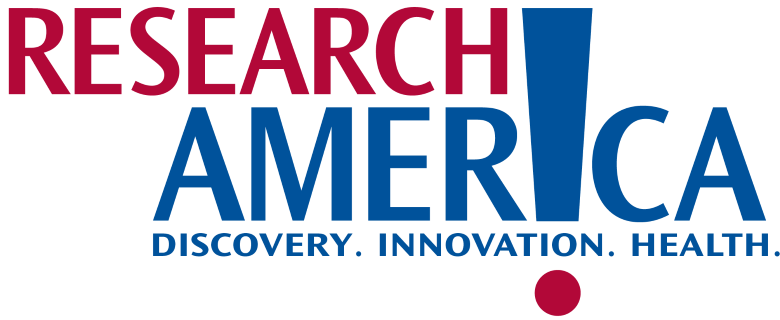Global Health R&D
For generations, the United States has been a champion of global health R&D, driving innovation against neglected diseases like polio, meningitis, HIV/AIDS, and malaria. However, the current fight against COVID-19 demonstrates the need for even stronger commitment to global health R&D to develop effective treatments for disease. By cultivating public-private research partnerships and fostering international collaboration, global health R&D investment is instrumental to protecting American health and the global economy while bringing us closer to a world free of disease.
For more information on why the U.S. should invest in global health R&D, check out our Top 10 Reasons to Invest in Global Health R&D and our Investment in Global Health pages. Our blog posts also provide information on current global health issues.
Bridging the Gap in Global Health Equity
Global health threats new and old continue to afflict populations around the world, draining economies of resources, and a productive workforce. This is especially observed in low- and middle-income countries where diseases like malaria and tuberculosis continue to spread. These neglected diseases, among others like HIV/AIDS and Neglected Tropical Diseases (NTDs), make up 12.5% of the global disease burden, but still, receive less than 1% of global health R&D investment.
Americans Support Global Health Research
How important do you think it is that the U.S. is a global leader in research to improve health?
| Response | Percent |
|---|---|
| Very Important | 58 |
| Somewhat Important | 32 |
| Not too Important | 4 |
| Not at all Important | 2 |
| Not Sure | 4 |
Source: A Research!America poll of U.S. adults conducted in partnership with Zogby Analytics in January 2020.
The Threat of Emerging Infectious Diseases
The increasing frequency and severity of infectious diseases like COVID-19, Ebola, and Zika pose additional health and economic risks. COVID-19’s rapid spread—having infected over 50 million people worldwide in the span of a few months—shows that disease does not respect borders, meaning diseases facing other countries can quickly threaten U.S. public health.
Given the number of Americans who travel overseas for work, global disease outbreaks also threaten the U.S. workforce and economy even if an outbreak does not begin on American soil. These emerging infections will be a “perpetual challenge,” as National Institutes of Allergy and Infectious Diseases (NIAID) Director Dr. Anthony Fauci described them. Though the U.S. remains the leader in funding of emerging infectious disease R&D—contributing over $600 million in 2018—sustained investment is pivotal to address current and future health threats.





